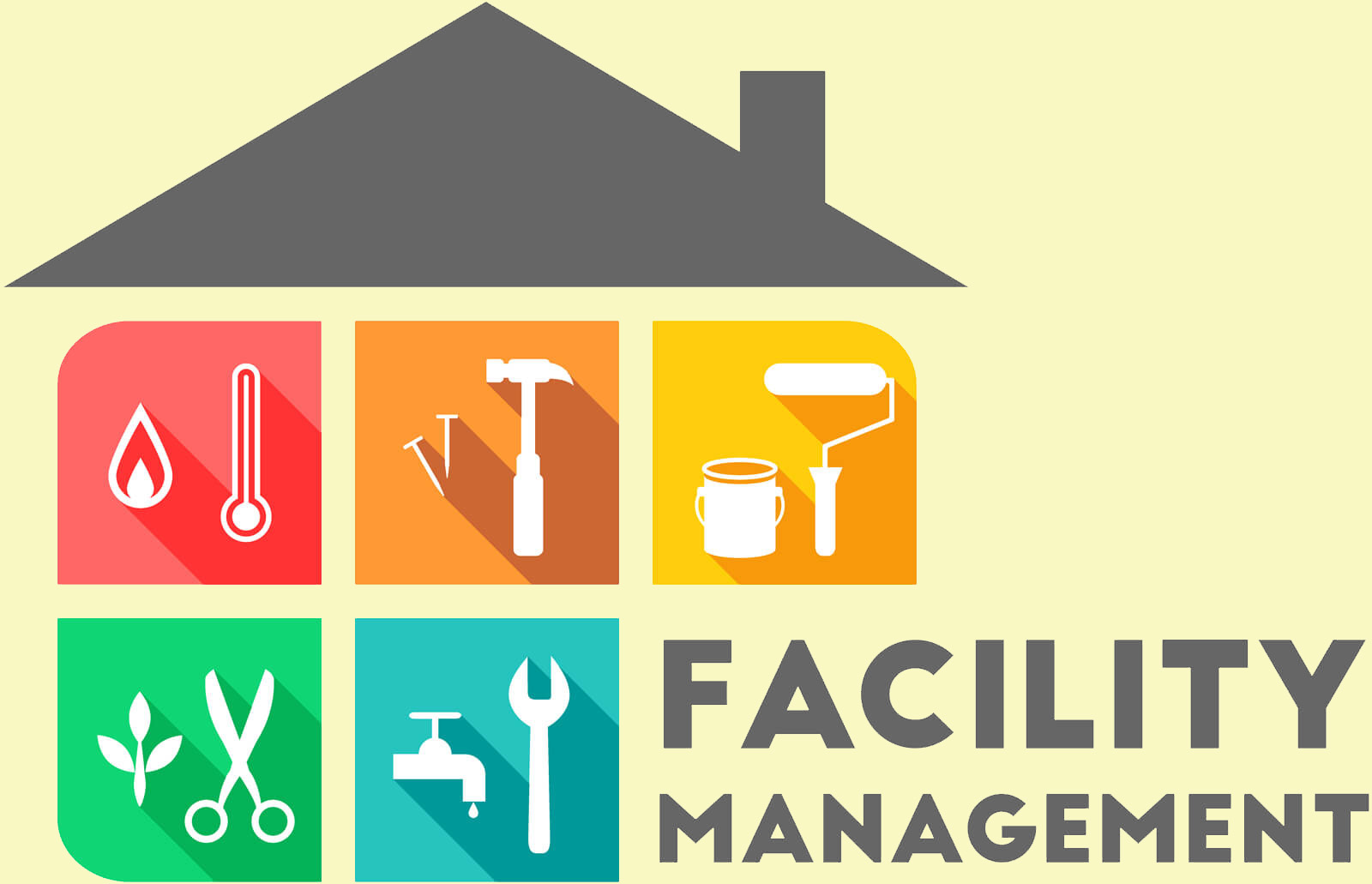
Essential Things to Know About Facility Management
Facility managers manage the most significant assets of an organisation. FM or facility management is a profession that covers various disciplines. It ensures the built environment’s comfort, safety, functionality, and efficiency by incorporating place, people, process, and technology. It is ideal to go for facility management training whose curriculum reflects the globalisation of the FM industry from the integration of global FM ISO 41000 standards. Such a program is developed by renowned facility professionals and thought leaders in order to alleviate and unite this profession. Given below are some critical points about this profession.
Table of Contents
ToggleWhat Do Facility Managers Do?
Facility managers or FMs have different titles. They usually come to this role through various career paths. They ensure that the systems of a facility or environment work optimally. It is of great importance because the places where the staff members work and learn should be comfortable, safe, and productive.
FMs ensure the maintenance of the biggest and most valuable asset of a company, namely its property, structure, equipment, and other environments that house productivity, personnel, and inventory of operation. The main ways by which FMs serve the business strategy of an enterprise are as follows:
- They impact operational efficacy.
- They support the productivity of personnel and facilities.
- They manage risks to personnel and facilities.
- They eliminate environmental impact.
- They promote sustainable strategies for extended cost management.
- They leverage technological solutions.
- They overcome or minimise the impact of natural calamities.
- They guarantee compliance.
- They leverage security.
The Skills That Facility Managers Have
Facility managers possess a range of core competencies. They include the following.
- Human and occupancy factor
- Operations, maintenance, and sustainability
- Facility data and managing technology
- Risk management and communication
- Performance and quality
- Strategy and leadership
- Real estate
- Management of projects
- Finance
All FMs don’t have similar titles. But they have specific common roles in their companies. These include the following:
- Security
- Grounds management
- Sustainability means managing the intelligent usage of energy for a better environment.
- Planning or making strategic facility plans for future development.
- Building operations
- Managing projects or supervising construction projects for newer buildings and renovations.
- Planning of space, or designing décor layouts and managing office spaces.
- Work area strategy
- Real estate management, negotiating, buying and leasing land and building structures.
Students needing job security and an opportunity to make an impact should definitely pursue a career in facility management.
What Is a Credential Program in Facility Management?
A credential program in facility management training validates a person’s knowledge in a specific professional area. The credential program comprises everything a facility professional requires to enhance their understanding of facility management. Professionals earn and maintain credentials for various professional and personal reasons at different phases of their careers.
A recognised professional academic institution awards the student with credentials. When a person is awarded credentials, it means that they have completed a group of criteria and have demonstrated their knowledge, abilities, and skills in it. It also means that they can apply the skills they have learned in their daily duties.
Facility management professionals deal with multiple challenges every day. Successful ones have a technologically creative bend of mind. At the same time, they also never forget to place themselves in the shoes of their workers and display compassion. There is a range of competencies to become successful in this domain. It is only possible when you undertake training from a reputed institution.
Author bio:
Steffy Alen is a copywriter and content strategist. She helps businesses stop playing around with content marketing and start seeing the tangible ROI. She loves writing as much as she loves the cake.


